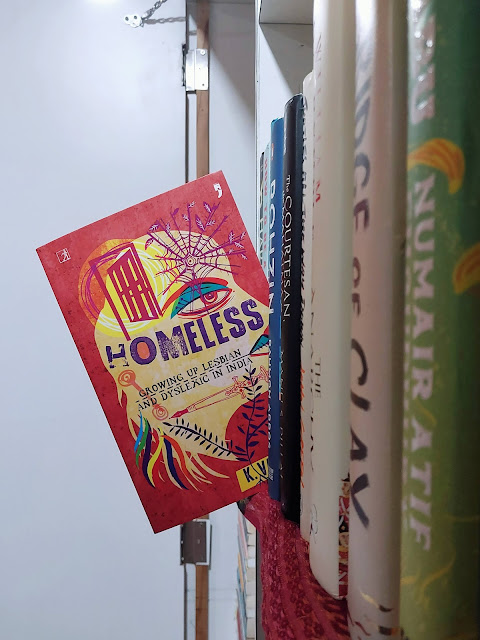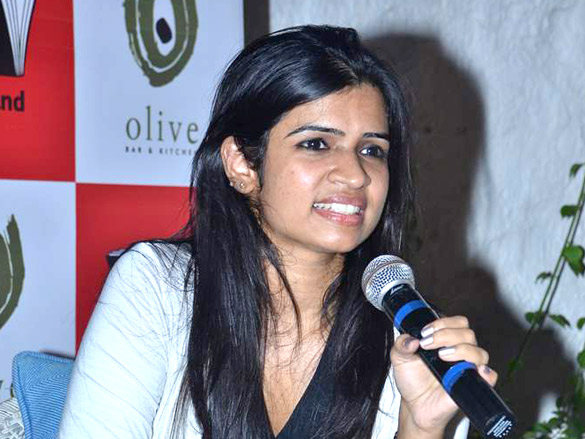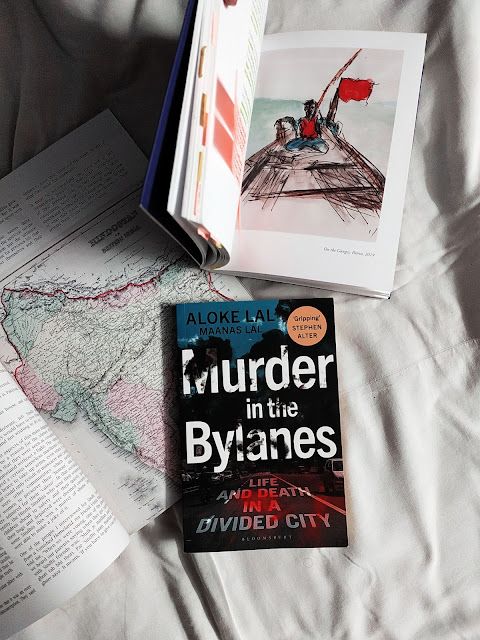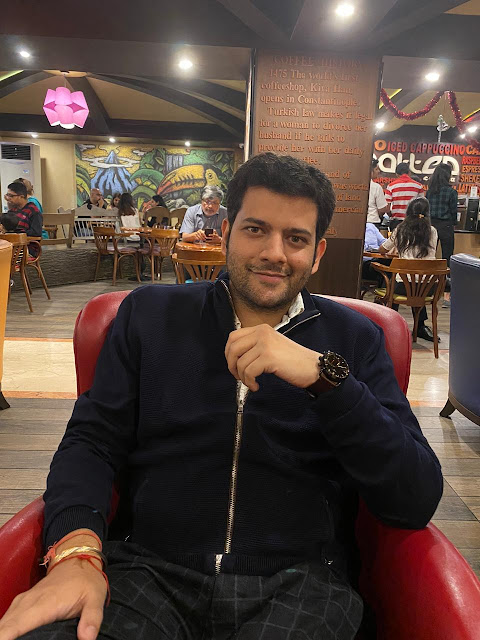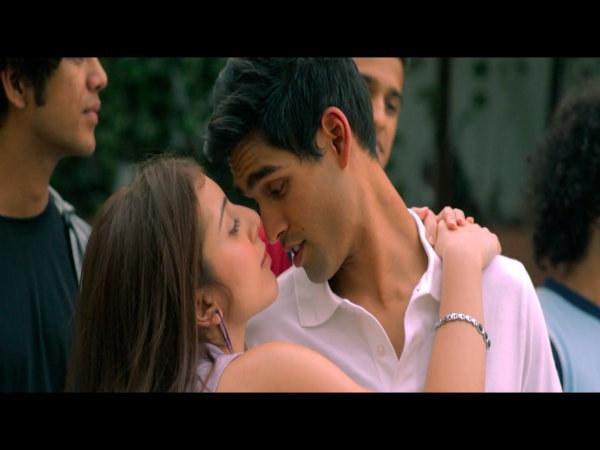Here, I should add to the disclaimer that it is not always advisable to self-diagnose your mental health-related issues. If you have the resources like therapy, psychiatrist or even educational books (if you understand the scientific terminology) at hand then you should first give them a go. It is because, self-diagnosis may go extremely wrong considering how you approach, your relationship with yourself, your thought process, etc. To be honest, I haven’t self-diagnosed myself with these issues, rather I was able to recognise the patterns and identify them because of the several years of reflecting back on my life and getting to know myself, to which Sidhartha refers to as ‘Self-Work’ and ‘Self-Discovery’ journey. It is the best part of this book that the author has made it very easy to understand what he has undergone throughout his life and how he became aware of it all.
So, what do I mean when I say this book helped me identify some of the issues and showed me the way forward? One of the things that Sidhartha emphasized early in the book is that this is not a self-help book. It is rather a memoir of his life regarding what issues he had faced throughout his life and anything that has impacted his mental wellbeing. Truly, the book is an honest account, where he has shared a lot of personal and past traumas and what he is currently dealing with, without any filters; there’s something wrong he has done, he accepts it; something he thinks is wrong, he mentions it without the fear of being judged. At least that’s what I think. For instance, he chose to address the mindset that makes people believe that people who come from a life of perceived privilege or people having a certain financial, religious or ethnic background are immune to mental health issues. I know, some people reading this right now may think so, and will continue to do so. But that is exactly why I think mental health needs to be talked about, even if a greater part of society isn’t aware of it, even if an even greater part of society can’t afford it, even if an even greater part of society treats those having mental health-related issues with stigma and discrimination. We need to start taking care of our mental health just like we care for our physical health; we need to normalize seeking help while going through mental disorders, just like we do in the cases of other medical conditions like diabetes or injury.
Alright, back to where I started—how did this book help me in any way? Sidhartha has mentioned this on the back cover itself, above the synopsis that ‘I felt like I had a dementor on my shoulder, sucking the life and happiness out of me…it was no way to live.’ It is this realization that something is wrong and you need to do something about it. You’ll know when something, a thought, fear or anything like that starts to get in the way of life, career, relationships, etc. For me, it was the year 2018 that I started daily journaling and I started taking into account that there were a lot of things that were and are putting me off the road I’m supposed to travel in order to fulfill my desires and dreams. Soon, I could recognise thinking patterns and could trace back my fears, anxieties, guilt, etc to their roots. It is not that hard to realize that this thought may have stemmed off the back of so and so reason; you just need the right resources and tools by your side to reflect on your life. After all, as we say, the person who knows you the best is yourself and getting to know yourself can incredibly help you. Sidhartha has mentioned ‘getting to know myself’ along with a set of resources/tools that you could put to use for your own self-work journey. However, these may or may not work for you, it’s completely subjective. Again, back to my point—what this book did for me is help me better express myself and my mental health-related issues. It also kind of identified a range of feelings and behaviour and actions for me that are most probably the result of some mental disorder. According to me, identifying and acknowledging an issue lifts up half of your baggage from your shoulders. Now, you have a direction and you can start working on the issue without falling prey to the disorder. So, the next time you recognise a pattern as Sidhartha says, you can immediately identify, ‘Oh, that’s my perfectionism and I can let it pass without the automatic reaction of a compulsion.’
Just to give you context, I would share with you an example from my own life. I don’t like to do it but as Sidhartha says, therapy and self-discovery won’t be easy because rummaging through your past can be hurtful; you will have to put effort to see the result. This is similar to what Sidhartha had experienced regarding the Scrupulosity OCD. In my case, it’s not Scrupulosity OCD but something along the same lines. Touchwood, I have never had that fear-based relationship with God. I don’t know when this started, but I must be going through a lot of bad days among a few good ones. My offering of prayers to the deities in our small Pooja Mandir at home would start with burning incense stick and chanting of a specific verse. Seeking good days, I would ask God that if I finish the verse before the incense stick’s flame got extinguished, let it be a good day, otherwise, I accept the bad day. In other words, it was supposed to be an easy way to have a good day. This went on for a while; the day I get a ‘good day’ signal from God, I’d focus on only good things and when I get a ‘bad day’ signal, I’d focus only on bad things, reinforcing at the end of the day that I really had a bad day. In short, I started believing that it is actually working and that one verse and an incense stick started controlling my life. This continued for four fucking years. It took me four years to realize that it’s not God but my obsessive thoughts and compulsive behaviour. Just recently, a couple of months before I completely eliminated that verse from my prayers and still, sometimes I automatically switch to that verse, however, I have learned to not associate with it anything fear-based. The bad part is it’s just one of the many such examples.
The book is written in very simple language and is effectively structured to get the best output. The vocabulary used here makes it really easy for us to understand everything, what he had gone through mentally, how it had impacted him and his reaction to it. As for any other memoirs, there are plenty of things you can take away from this book as well. As you read Sidhartha’s journey, you’ll come to know that there are issues completely avoidable or could be handled better and are not worth it. For instance, a sentence said to you in your childhood can have a lasting impact. The most trivial of things at an early age would show through one’s adult life or maybe throughout the life in a form of mental disorder. Not stretching it further, I will mention some of the key takeaways from ‘If I’m Honest’:
- You could be depressed without you knowing and you can be ‘not-depressed’ even when you think you are depressed. The best way to know is to seek professional help. But if you cannot, seek help from your loved ones or just share it with the person you think would understand.
- In the last chapters where Sidhartha has listed some tools/techniques/resources which I consider as ‘the way forward’ after you acknowledge that there is something wrong. One thing that everyone should note is the ‘power of listening’. When someone is sharing with you their mental health issues, you just need to listen ‘with your whole body’. You don’t have to try to fix their problem or give your invaluable advice; just keep your mouth shut and be a better listener.
- Let go of the prejudices regarding mental health and issues.
- It is okay to feel what you feel. You don’t have to feel guilty about feeling the way you do. Do not beat yourself up for that. Never.
- Be careful about selecting the best alternatives for yourself. What works for Sidhartha may not work for you. And it’s okay. So, don’t hold on to things recommended by someone else and that is not working for you. It can be anything/anyone from a therapist to medication.
- Be careful about how you treat children around you and what you say in front of them. You may consider it negligible, but they will remember your words and how you made them feel for a lifetime.
There is just a lot of stuff that will remain untouched in this blog like details on depression, OCD, dealing with trolls, divorce, guilt, alcohol, etc. But you can always pick up this book if you want to know more. I will just end this discussion here with a few words of wisdom from Sid.
If you are going through anything, then know that you are not alone. It is okay to seek help and lastly, no one is immune to mental health issues.
